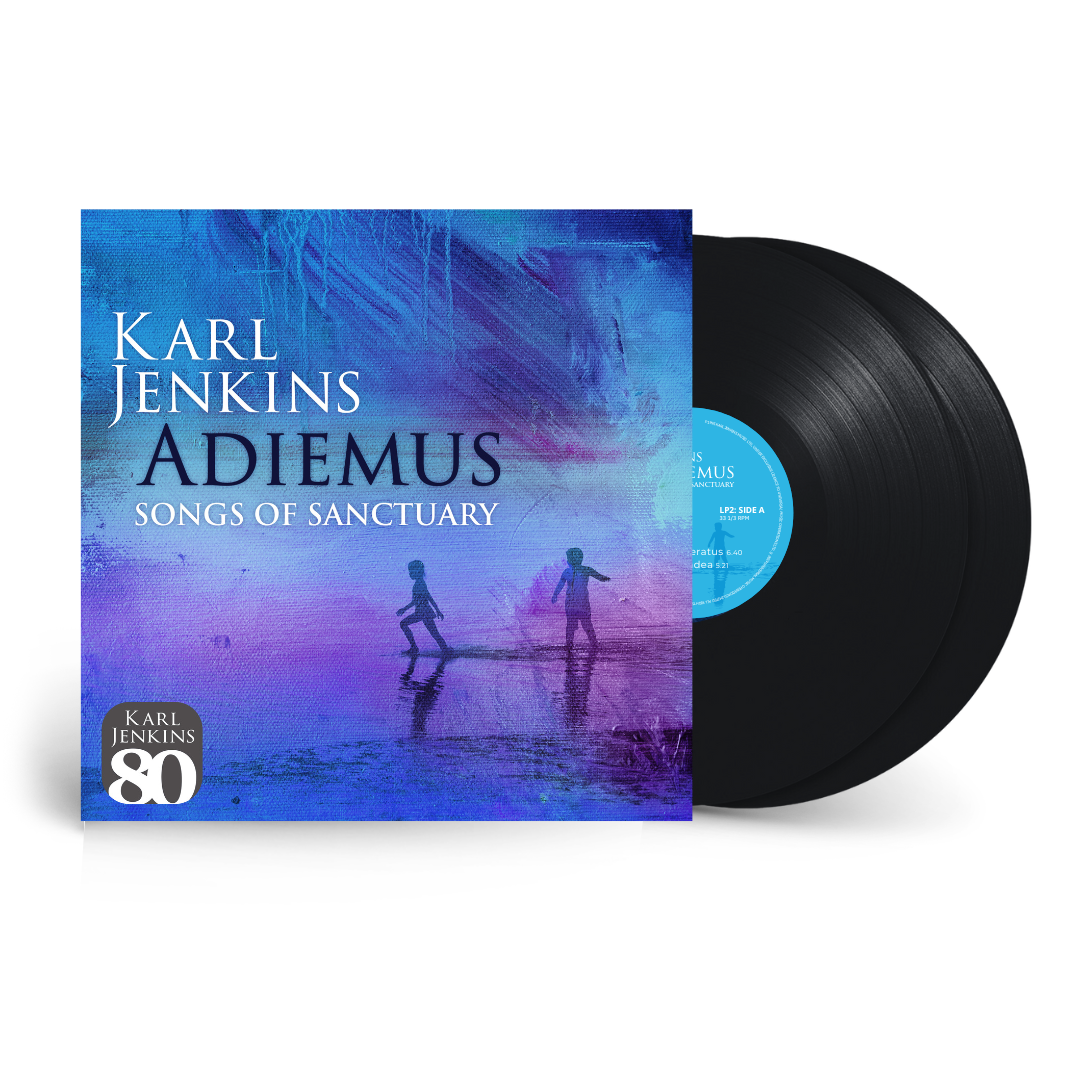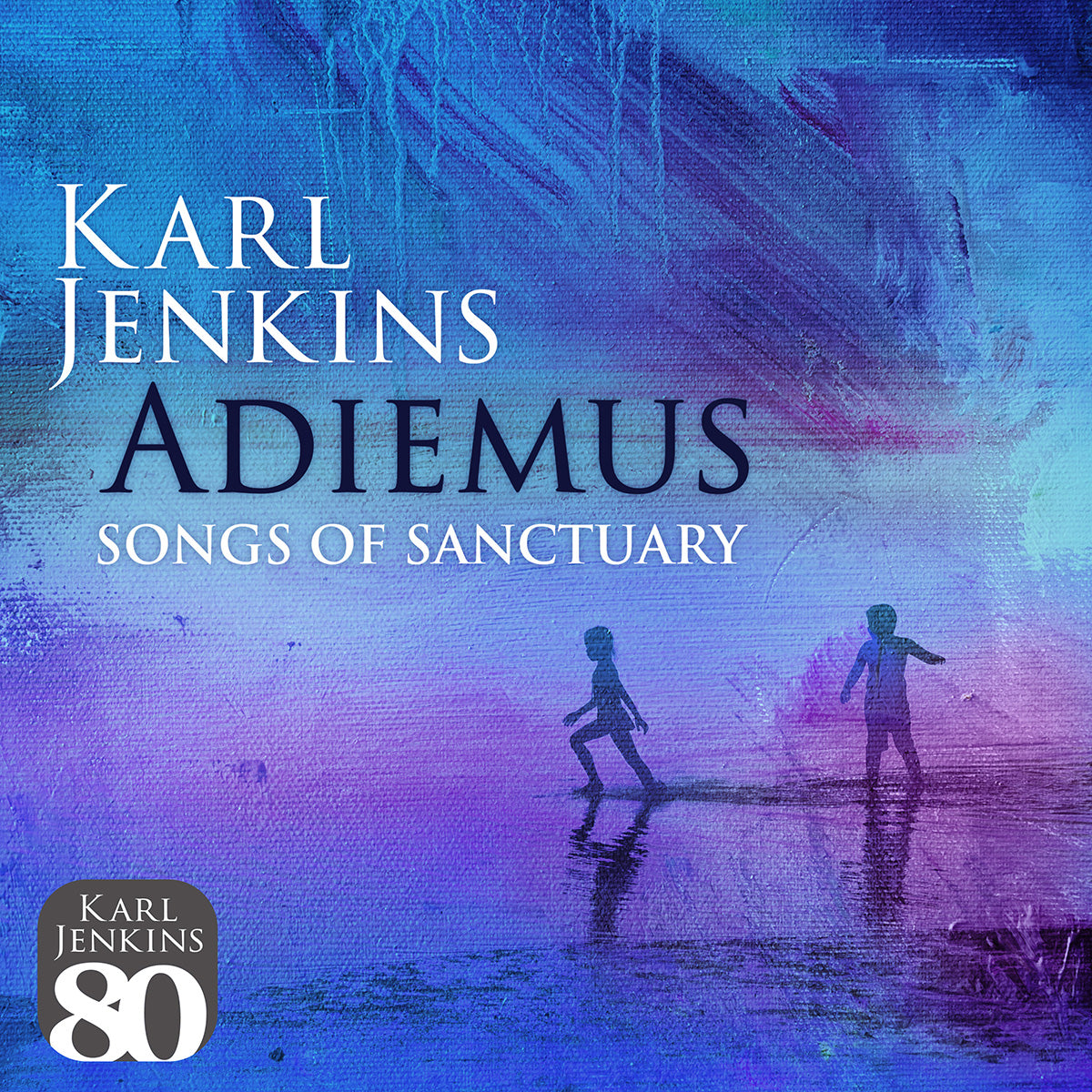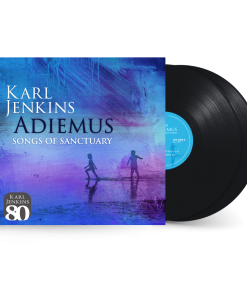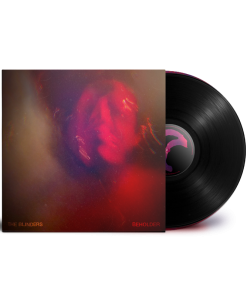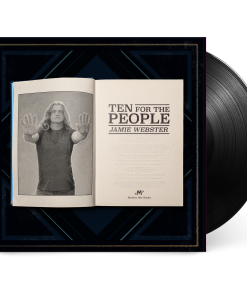Adiemus – Songs Of Sanctuary: 2LP Karl Jenkins
$ 21,99 $ 13,19
Adiemus is largely the brainchild of former Soft Machine keyboardist Karl Jenkins, with participation from independent vocalist Miriam Stockley, a native of South Africa; the London Philharmonic Orchestra (which Jenkins conducts on this album) and others. The music of Adiemus will prompt inevitable comparisons to acts such as Dead Can Dance, Enigma and Deep Forest. In the album’s liner notes, Jenkins describes the album as “an extended choral-type work based on the European classical tradition, but where the vocal sound is more akin to ‘ethnic’ or ‘world’ music.” The music of Adiemus, Jenkins later explains, includes voices but not lyrics: “The text was written phonetically with the words viewed as instrumental sound, the idea being to maximise the melisma (an expressive vocal phrase) by removing the distraction, if one can call it that, of words.” Ranging in mood from gently tribal to ecclesiastical, Adiemus succeeds in creating the impression of an enchanted global youth or female choir, yet one less forebodingly mysterious than any of the groups previously mentioned. Here you will find textures similar to the ethereal vocalese found in some of Mike Oldfield’s more beatific works. The textures are largely uplifting, set within intelligent, classically influenced musical frameworks.
Tracklist:
Side A
1. Adiemus
2. Tintinnabulum
Side B
3. Cantus Inaequalis
4. Cantus Insolitus
5. In Caelum Fero
Side C
6. Cantus Iteratus
7. Amaté Adea
Side D
8. Kayama
9. Hymn
Fast Delivery and Professional Packaging
Our long-standing relationship with UPS FedEx DHL and other carriers around the world gives us the ability to provide various shipping options. Our warehouse personnel will pack all goods to our exacting requirements. Your goods will go through an extensive inspection and will be securely secured prior to being shipped. Every day we ship thousands of packages to clients from all over the world. This is a sign of our determination to be the largest online retailer in the world. There are distribution centers and warehouses in Europe and the USA.
Orders that contain more than 1 item are assigned processing periods in accordance with the item.
Prior to shipment, all purchased items will be thoroughly inspected. The majority of orders are shipped within 48 hrs. Delivery is expected to take between 3 and 7 days.
Returns
The stock is dynamic and we do not completely manage it because multiple parties are involved, which includes our factory and warehouse. The actual stock can fluctuate at any time. It's possible that the stock may run out after your order has been processed.
Our policy lasts for 30 days. Unfortunately, if thirty days have passed from the date you purchased the item, we will not be able to offer you a return or exchange.
The item should not be used, and it must be in the original packaging. The item should be in the original packaging.
Related products
Vinyl LP
Vinyl LP
Vinyl LP
Vinyl LP
Vinyl LP
Vinyl LP
Vinyl LP
